Cruise line faces backlash over shooting of polar bear
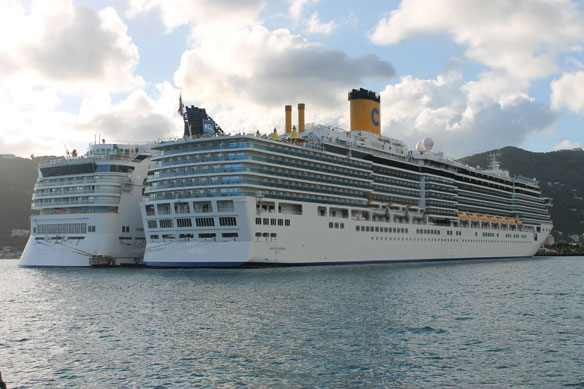
A German cruise line is facing outrage after one of its employees shot and killed a wild polar bear in Norway after the animal attacked another of its employees.
Hong Kong land reclamation explained: the good, bad and ugly methods of pushing back the sea

About 6 per cent of city is reclaimed land, and while extending the shoreline of a land-starved society seems ever more attractive, critics say it would not solve housing issues. At the same time, conservation groups such as WWF and Greenpeace say reclamation is environmentally catastrophic.
A mourning orca mother carried her dead baby for days through the ocean
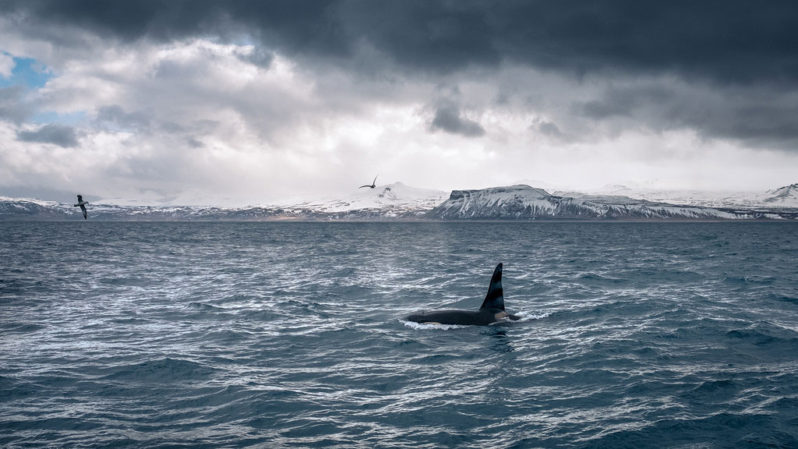
A grieving mother orca near Vancouver Island has been carrying her dead calf for four days, after refusing to leave her baby behind when the rest of her pod left. The sad display speaks to something deeper. Killer whales eat salmon, and a number of human practices, such as damming rivers, have taken a toll on native salmon populations.
Study Finds Link Between River Outflow and Coastal Sea Level
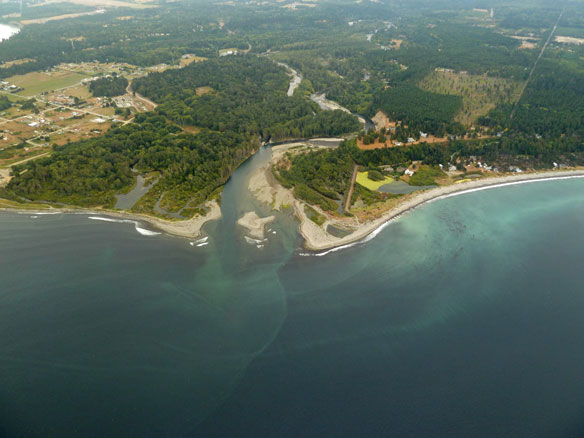
Sea levels in coastal areas can be affected by a number of factors: tides, winds, waves, and even barometric pressure all play a role in the ebb and flow of the ocean. For the first time, however, a new study has shown that river outflow could play a role in sea level change as well.
First mapping of global marine wilderness shows just how little remains
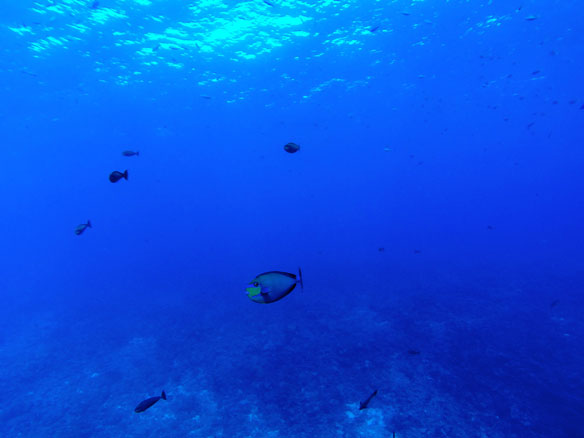
Researchers reporting in the journal Current Biology on July 26 have completed the first systematic analysis of marine wilderness around the world. And what they found is not encouraging; only a small fraction of the world’s ocean can still be classified as wilderness. In coastal regions, there is almost no marine wilderness left at all.
The sinking state
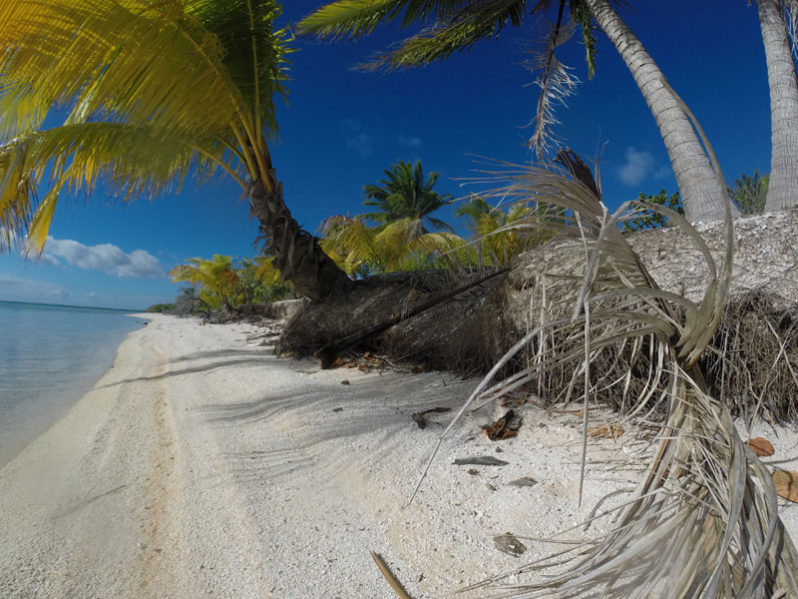
This is what happens when climate change forces an entire country to seek higher ground.
Why mangroves matter: Experts respond on International Mangrove Day
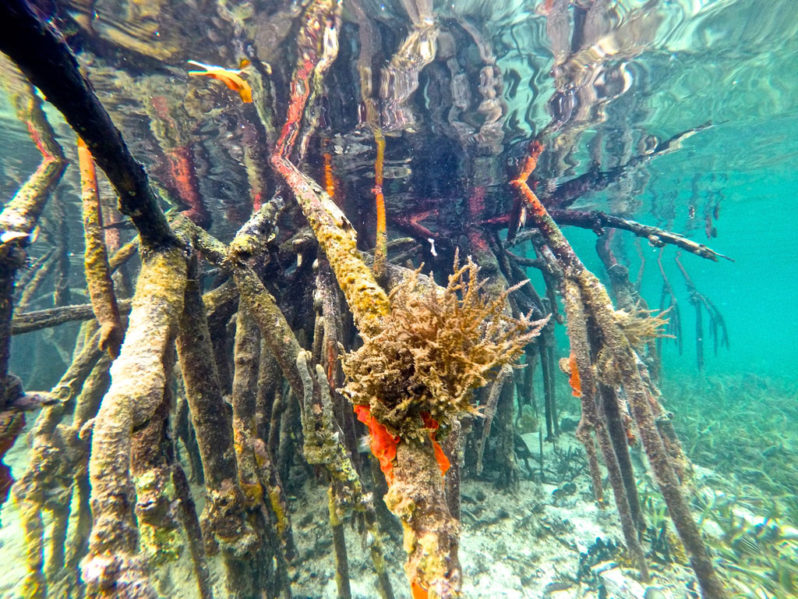
Given all that mangroves do, it is unsurprising that the forests have a special day dedicated to them: July 26, International Mangrove Day. However, mangroves have declined rapidly around the world. What does the disappearance of this special forest ecosystem mean for our planet? This is what some mangrove experts have to say.
Earth’s resources consumed in ever greater destructive volumes
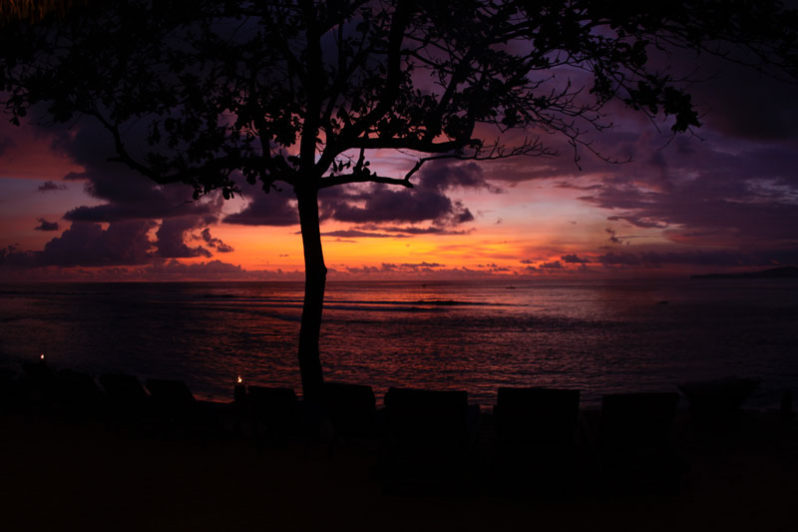
Humanity is devouring our planet’s resources in increasingly destructive volumes. As a result, the Earth Overshoot Day – which marks the point at which consumption exceeds the capacity of nature to regenerate – has moved forward two days to 1 August, the earliest date ever recorded.
Acidic oceans cause fish to lose their sense of smell
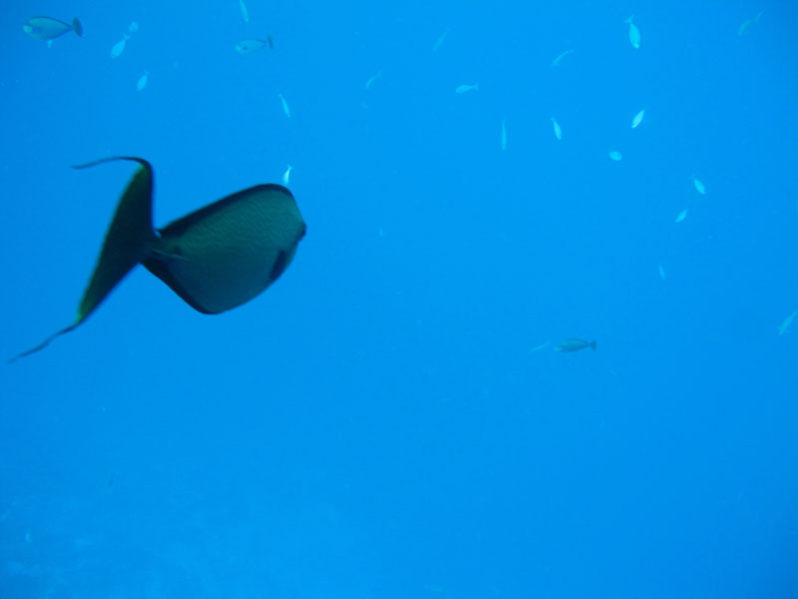
Fish are losing their sense of smell because of increasingly acidic oceans caused by rising levels of carbon dioxide (CO2) in the atmosphere, new research shows.
